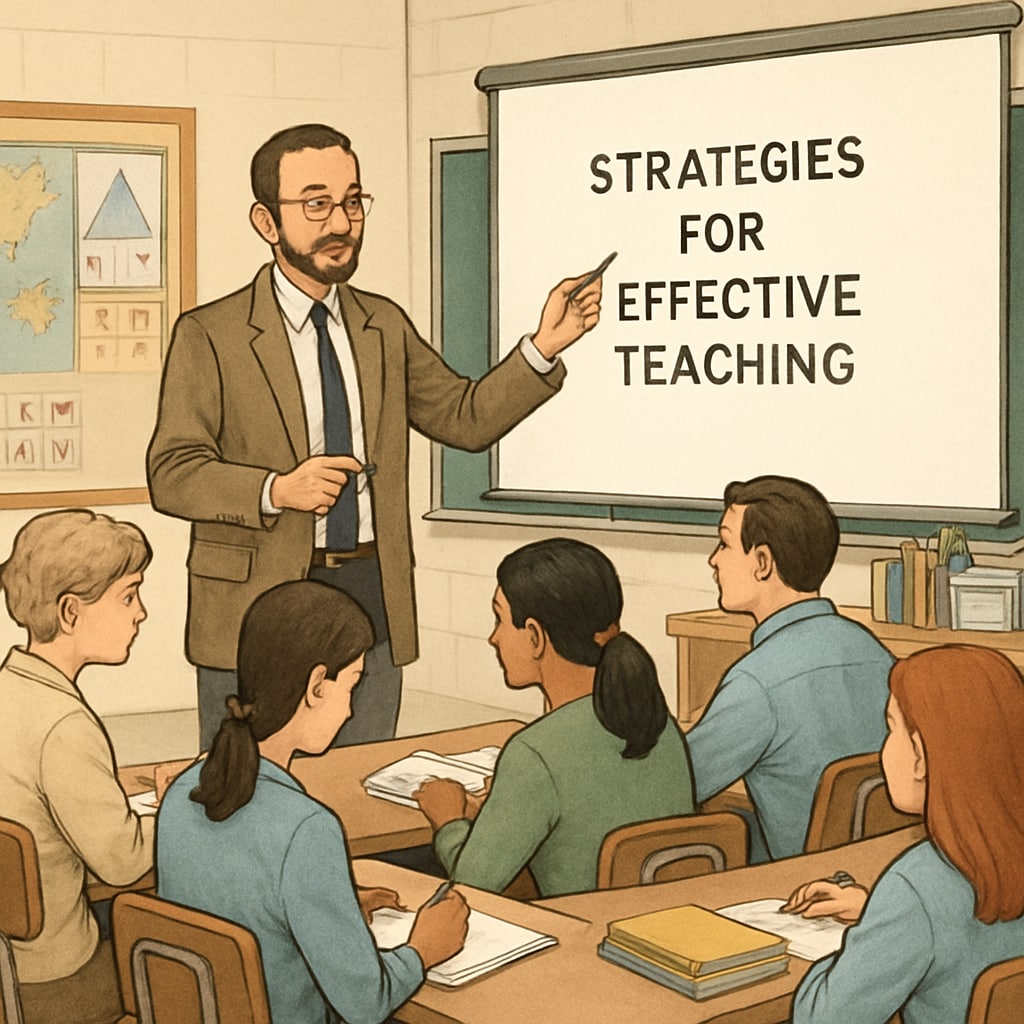Building effective bridges between K-12 educators and higher education institutions like the University of California is essential for advancing education. By consulting University of California employees, K-12 teachers and administrators can access invaluable resources and expertise that enrich learning environments. This article provides practical strategies to effectively connect with UC experts and utilize their knowledge for K-12 development.

Why Consultation with University of California Employees Matters
The University of California system houses some of the brightest minds across various disciplines, ranging from STEM (science, technology, engineering, and mathematics) to humanities, education, and beyond. By consulting UC employees, K-12 educators can tap into cutting-edge research, specialized knowledge, and innovative teaching methodologies.
For example, collaborations can lead to custom-designed curriculum enhancements, professional development workshops, or insights into addressing challenges like classroom inclusivity or technology integration. These partnerships not only benefit educators but also foster growth in students, preparing them for higher education and future careers.
Moreover, consulting with UC experts can help K-12 administrators implement evidence-based policies, ensuring alignment with educational standards and best practices.
Steps to Effectively Consult University of California Experts
Finding the right person and structuring the consultation process can be daunting. However, the following steps can simplify the process:
- Identify specific needs: Determine the exact area of expertise required—whether it’s curriculum development, behavioral psychology, STEM education, or something else.
- Search for relevant departments: Most UC campuses have dedicated education departments or centers for teaching excellence. Explore their websites to identify faculty members or resources related to your needs.
- Leverage professional networks: Many educators use platforms like LinkedIn or education conferences to establish connections with university experts.
- Utilize official channels: UC campuses often have outreach programs or public service initiatives designed to connect with K-12 educators. These include workshops, seminars, and online resources.
- Prepare for the consultation: Create a clear agenda with specific questions or topics for discussion to maximize the productivity of your meeting.
By following these steps, educators can streamline the process and ensure fruitful collaborations.

Challenges and Solutions When Consulting UC Experts
While consulting University of California employees offers tremendous benefits, some challenges may arise, including:
- Accessibility: Faculty members often have busy schedules, making it difficult to arrange consultations. Solution: Reach out well in advance and propose flexible scheduling options.
- Cost considerations: Some services or resources may have fees. Solution: Explore free outreach programs or request grants from educational funding organizations.
- Communication barriers: Academic jargon can sometimes hinder understanding for K-12 educators. Solution: Encourage clear, simplified communication and request practical examples during discussions.
Proactively addressing these challenges can lead to smoother interactions and more effective collaborations.
Building Long-Term Partnerships
Consultation doesn’t have to be a one-time occurrence. By establishing long-term relationships with UC experts, K-12 educators can create sustainable partnerships that continuously benefit their schools and districts.
Consider participating in UC-hosted workshops, joining collaborative research projects, or inviting university experts to speak at school events. These opportunities foster mutual understanding and open doors to ongoing innovation in K-12 education.
In addition, educators can explore external resources to supplement these partnerships. For instance, Wikipedia’s educational psychology page provides foundational insights into student behavior, while Britannica’s education section offers comprehensive articles on teaching strategies.
Connecting with the University of California experts requires effort but delivers significant rewards in terms of educational advancement and shared knowledge. With the right approach, K-12 educators can unlock new opportunities to enrich their teaching practices and inspire the next generation.
Readability guidance: Short paragraphs, clear lists, and concise language ensure the article remains accessible to K-12 educators while maintaining academic relevance. Strategic use of synonyms and varied sentence structures further enhance engagement.


